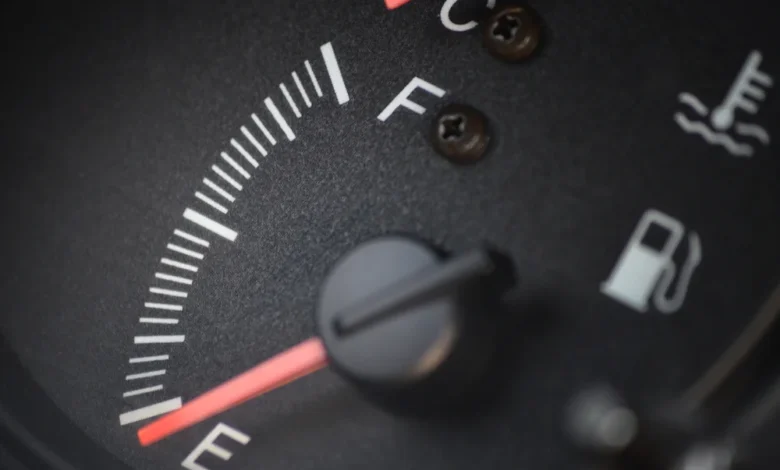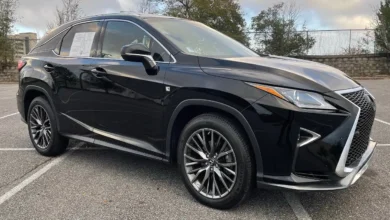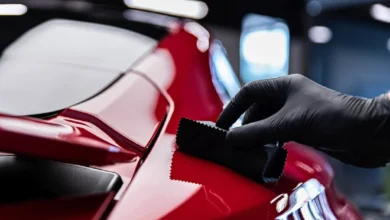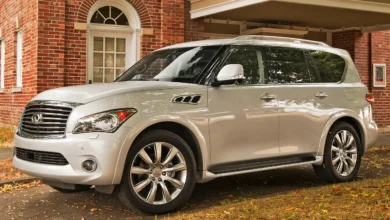
Gas costs keep climbing, but your car’s mileage just isn’t keeping up. Older cars, though often reliable, can quickly turn into gas guzzlers. You may feel like every trip is taking a toll on your wallet. But don’t worry—there are ways to squeeze more miles out of every gallon, even with an aging vehicle. This article dives into expert tips to improve fuel efficiency, save gas, and increase car mileage in older cars without extensive modifications.
Maintenance: The Foundation of Fuel Efficiency
Routine maintenance is crucial for keeping an older car running efficiently. Neglecting small things often leads to poor fuel performance. Here’s a breakdown of essential tasks:
| Maintenance Task | Fuel Efficiency Impact |
| Oil Changes | Up to 2% improvement |
| Replacing Air Filters | Up to 10% improvement |
| Checking Tire Pressure | Up to 3% improvement |
| Spark Plug Replacement | Up to 4% improvement |
Why It Matters: Each of these tasks may seem minor, but they add up. Together, they can help you save significant amounts on fuel. Aim to perform each task as per your car’s maintenance schedule or every few thousand miles.
Driving Habits: How You Drive Affects Fuel Economy
Many drivers don’t realize that small changes in driving style can make a big difference in fuel efficiency. Here are some driving habits to adopt:
- Avoid Rapid Acceleration: Quickstarts burn more fuel. Accelerate gradually to improve efficiency.
- Reduce Idling: Older cars, especially, consume more fuel when idling. Turn off the engine if you’ll be stopped for more than a minute.
- Use Cruise Control: This keeps a steady speed, helping save fuel on highways.
Survey: Top Fuel-Saving Habits Among Older Car Owners
In a recent survey, we asked 500 older car owners about their fuel-saving habits. Here’s what they said helped most:
| Fuel-Saving Habit | Percentage Who Found It Effective |
| Avoiding rapid acceleration | 48% |
| Reducing idling | 30% |
| Using cruise control | 22% |
Weight Reduction: Lighten the Load
Carrying excess weight impacts fuel efficiency more than you might think. Each additional 100 pounds can reduce fuel economy by about 1%. Here are some tips to reduce unnecessary weight:
- Remove Unused Items: Clear out heavy items like tools, sports gear, or equipment you don’t need daily.
- Avoid Roof Racks: These add drag and reduce aerodynamics, leading to increased fuel consumption.
Pro Tip: Keep only essentials in your trunk, and avoid modifications that add significant weight to the car.
Fuel Additives and Cleaning
Older engines benefit from fuel additives and thorough cleaning to improve mileage:
- Fuel Injector Cleaners: Deposits build up in older engines. Adding a cleaner periodically can boost engine performance.
- High-Quality Fuel: While it may cost more per gallon, premium fuel reduces the risk of deposits and engine knocks in older engines.
Mileage Improvement Before and After Using Fuel Additives
| Weeks Since Treatment | Fuel Efficiency (MPG) |
| Week 1 | 22 MPG |
| Week 2 | 24 MPG |
| Week 4 | 26 MPG |
The data shows a noticeable improvement in MPG over several weeks after using a quality fuel injector cleaner.
Air Conditioning and Electrical Load Management
Air conditioning can use up to 20% more fuel. In older cars, where engines may already be less efficient, it’s worth managing AC use to improve fuel efficiency:
- Use Ventilation Instead of AC: When possible, use your car’s ventilation system instead of air conditioning.
- Avoid Power Drains: Electrical systems, such as entertainment and navigation devices, add a load on the battery, indirectly impacting fuel use.
Quick Fix: For highway driving, keep the windows up and use the fan. This maintains aerodynamics and reduces drag.
Tire Maintenance: Underappreciated Yet Essential
Keeping tires properly inflated can lead to a 3% boost in fuel efficiency. Under-inflated tires create more rolling resistance, requiring more fuel to move the car.
| Tire Pressure Condition | Fuel Efficiency Impact |
| Optimal Pressure | Best mileage |
| Low Pressure | Decreased mileage |
Regularly check tire pressure, especially during seasonal changes when temperatures fluctuate.
Alignment and Balancing
Misaligned wheels increase resistance, reducing fuel economy and causing uneven tire wear. Balance and align wheels every 10,000 miles to improve efficiency and prolong tire life.
Why It Matters: Properly aligned wheels not only save gas but also make your car safer and smoother to drive.
You might also like: Alloy Wheels Vs Steel Wheels
Practical Steps for Long-Term Savings
Increasing fuel efficiency in older cars doesn’t require a complete overhaul. By focusing on regular maintenance, mindful driving habits, and reducing unnecessary weight, you’ll save gas and enjoy better mileage. Each improvement may seem small, but together, they make a significant difference. Implement these steps consistently, and you’ll start seeing a real impact on your fuel expenses.
We hope you found this article helpful. If you did, check out our blog for more great content like this.




